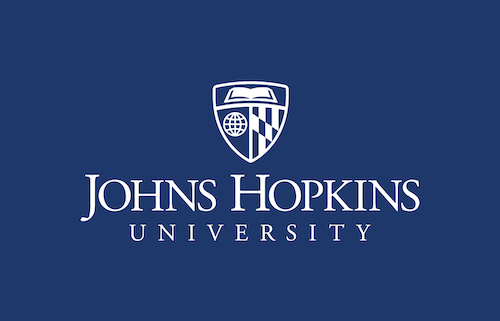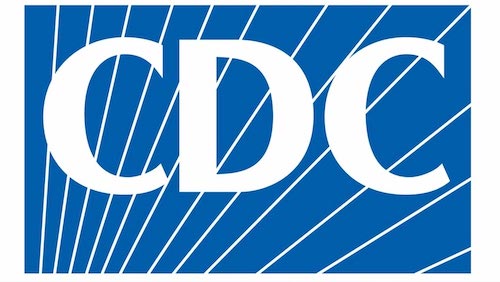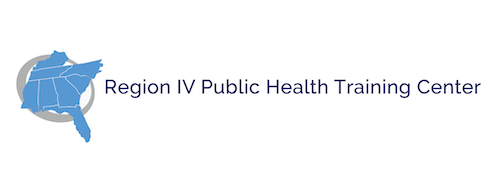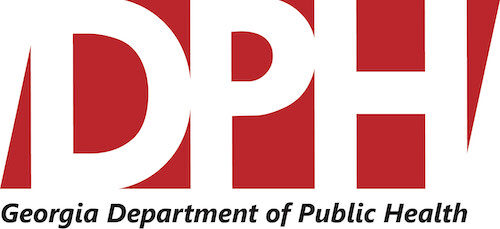AHA Fellowship in Cardiometabolic Health, Johns Hopkins University
Category : Alumni
Description
The American Heart Association (AHA) Strategic Focused Research Network (SFRN) site at Johns Hopkins University (JHU) is recruiting a post-doctoral fellow for a 2-year training program in Cardiometabolic Health and Type 2 Diabetes to work on our population/clinical science project.
Our SFRN is a collaboration between Cardiology, Epidemiology and Endocrinology at Johns Hopkins University. JHU is one of 4 centers in this AHA network, and the post-doctoral fellow will have opportunity for cross-center collaboration and engagement in AHA national activities.
The 2021 fellowship position will start July 1, 2021 and conclude June 2023.
The Johns Hopkins project entitled “Adipokines and Cardiometabolic Health: Implications for Heart Failure” is investigating how adiposity and hormones produced from fat tissue called adipokines might contribute to progressive metabolic risk along the spectrum from metabolically healthy obese to metabolic syndrome/diabetes with heart failure. The project also involves investigating whether mitochondrial injury, reflected by mitochondrial DNA copy number, partially mediates the association of trajectories of adipokines and metabolic risk with cardiac injury and heart failure. The project will also provide further mechanistic insight into these risk associations by leveraging adipose tissue expression from an obesity biobank and proteomics in the Atherosclerosis Risk in Communities (ARIC) cohort. A collaborative project across the SFRN centers provides further opportunity for training and scientific discovery.
The AHA Fellow will work on original science projects under the mentorship of our diverse multi-disciplinary team, guided by their own Individualized Development Plan (IDP). The fellow will participate in a series of training didactics at JHU, as well as in national AHA training-related activities held in conjunction with the other SRFN networks through teleconferences, annual scientific meetings, and semi-annual updates.
Requirements
- Center Fellows must exhibit a strong commitment to research with an interest in Cardiometabolic Health.
- The Fellowship Candidate ideally should have a background in epidemiology or prior clinical research, and have prior research experience as demonstrated by at least 2 prior publications.
- Center Fellows must hold an MD, DO, PhD, or equivalent doctoral degree.
- Center Fellows must meet one of the citizenship criteria throughout the duration of the award:
- U.S. citizen or Permanent Resident
- Pending Permanent Resident (must have applied for permanent residency and have filed Form I-485 with the U.S. Citizenship and Immigration Services and have received authorization to legally remain in the U.S., having filed an Application for Employment Form I-765)
- E-3 – Specialty Occupation Worker
- F-1 Visa – student
- G-4 Visa – family member of employee of internal organizations and NATO
- H1-B Visa – temporary worker in a specialty occupation
- J-1 Visa – exchange visitor
- O-1 Visa – temporary worker with extraordinary abilities in the sciences
- TN Visa – NAFTA professional
- Center Fellows must commit 75 percent effort to research training.
- Center Fellows may not hold another AHA affiliate fellowship or AHA Fellow-to-Faculty Transition Award for the duration of their time as a named fellow at an AHA Strategically Focused Center.
- Center Fellows cannot hold a faculty/staff position any time during their two-year fellowship. (Exception: M.D. or M.D./Ph.D. applicants with clinical responsibilities who hold a title of instructor or similar due to their patient care responsibilities.)
- Women and under-represented minority (URM) applicants are encouraged to apply.
How to Apply
**Application deadline: May 1st, 2021**
Applicants will submit a written application for the training program includes:
- Personal statement addressing the trainee’s interest in the Center’s Population project, past research experiences, long-term career goals, and how these plans align with a focus on Cardiometabolic Health.
- Curriculum Vitae (CV)
- Graduate school transcripts
- Two or more letters of recommendation from prior supervisor(s).
- If enrolled in a clinical training program, letter of support from the applicant’s Division Chief/Department Chair indicating a commitment to support the trainee’s time and effort during the AHA Fellowship training program (if applicable)
Contact Information
For more information and request for application, please contact:
- Center Director: Chiadi Ndumele, MD, PhD (cndumel2 [at] jhmi [dot] edu)
- Population co-PIs: Drs. Ndumele and Elizabeth Selvin, PHD (eselvin [at] jhu [dot] edu)
- Training Director: Erin Michos, MD, MHS (edonnell [at] jhmi [dot] edu)
Application materials should be sent: Attn.: Dr Erin Michos, Blalock 524-B, Division of Cardiology, Johns Hopkins Hospital, Baltimore, MD 21287 or edonnell [at] jhmi [dot] edu.











Recent Comments